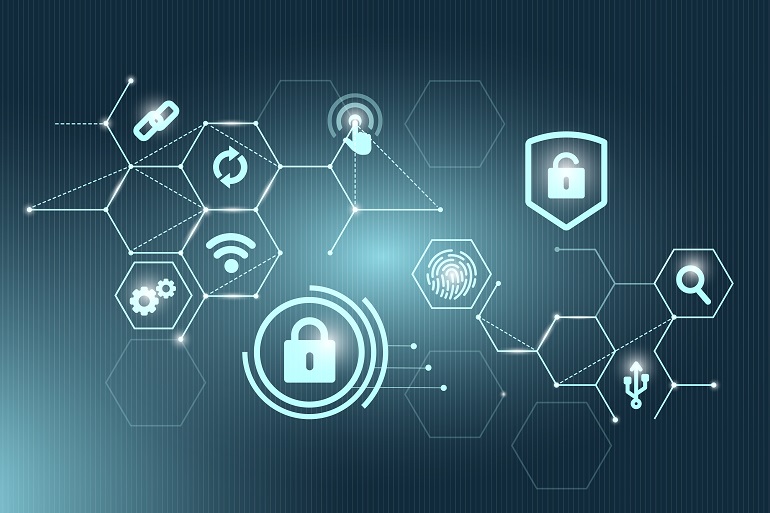What can we expect from the new revision of ISO / IEC 27001 and ISO / IEC 27002

The revision process of ISO/IEC 27001 and ISO/IEC 27002 is currently underway (the current version was published in 2013). Organizations that focus on a systematic approach to information security management have certainly registered this innovation.
ISO/IEC 27002 is again designed to provide a framework for information security management (similar to, for example: NIST CSF).
The main changes that the new version brings is the merging of measures into 4 groups:
1. Organizational arrangements
2. Personnel measures
3. Physical measures
4. Technical measures
There are also several areas that will require management and action (if applicable in the organization), such as:
Threat Management (Measure: Information related to information security threats should be collected and analyzed to create threat management.)
Information security when using cloud services (Measure: The processes for acquiring, using, managing and terminating cloud services should be designed in accordance with the organization's information security requirements.)
ICT readiness for business continuity (Measure: ICT readiness should be planned, implemented, maintained and tested on the basis of business continuity objectives and ICT continuity requirements.)
Physical security monitoring (Measure: Premises should be monitored continuously to prevent unauthorized physical access.)
Configuration Management (Measure: Configurations, including security, hardware, software, services, and network configurations, should be created, documented, implemented, monitored, and controlled)
Erasing information (Measure: Information stored in information systems and devices should be erased when it is no longer needed.)
Data masking (Measure: Data masking should be used in accordance with the organization's access control policy and business requirements, taking into account legislative requirements.)
Data leakage prevention (Measure: Measures to prevent data leakage should be applied to systems, networks and terminal equipment that process, store or transmit sensitive information.)
Monitoring activities (Measure: Networks, systems and applications should be monitored for unusual behavior and appropriate measures should be taken to evaluate potential information security incidents.)
Web filtering (Measure: Access to external websites should be controlled to reduce exposure to malicious content.)
Secure Encryption (Measure: Software development should be subject to secure encryption policies.)
The publication of the new standards is expected at the end of 2021 or at the beginning of 2022.
Subsequently, a transitional period will begin. During this period, new requirements will need to be implemented if your organization has a certified information security system.
Author: Martin Kašša, ISO/IEC 27001 auditor
(sources used: ISO/IEC DIS 27002 Information security, cybersecurity and privacy protection)
Latest Articles
Newsletter
Recommended training:
| Training name | Length of training | Available dates | Price | |
|---|---|---|---|---|
| Cyber security and requirements of the ISO/IEC 27001 standard |
2 days
|
According to you
|
On request | More about the training |
| TISAX - Trusted Information Security Assessment Exchange |
2 days
|
According to you
|
On request | More about the training |
| Requirements of the standard / Training of internal auditors according to the ISO/IEC 27001:2022 standard |
1 day
|
According to you
|
On request | More about the training |
| Internal Auditor ISO/IEC 42001:2023 and ISO 19011 - Artificial Intelligence Management System |
2 days
|
According to you
|
On request | More about the training |
